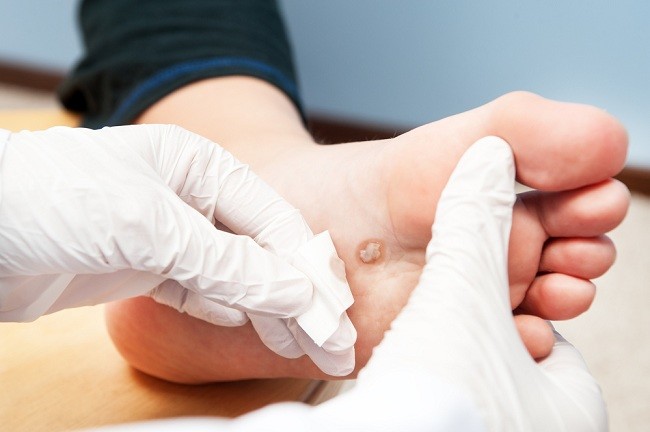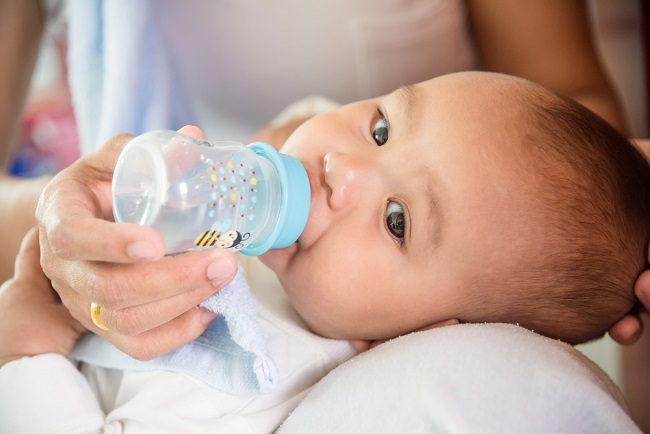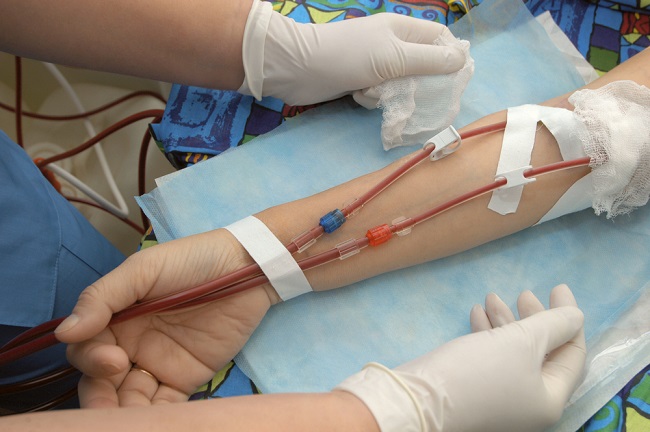Sleep of course is the time when the body childberrest and grow. However, forcing Poppet to take a nap is not proper action. There are several simple ways you can do to get your little one used to napping.
Lack of naps during the day can make your baby tired and make it difficult to sleep at night. Naps can replenish your little one's body energy, support their growth and development, and maintain their physical and mental health. Therefore, many doctors recommend that babies get enough naps during the day.

Baby Nap Pattern
Each baby's nap pattern is not the same, depending on his age. Newborns can spend 10 to 18 hours just sleeping, of which 7-8 hours are naps. Even if he wakes up, it's usually because he's hungry. After being given milk, he was able to go back to sleep.
At this very early age, you can't predict or determine the pattern of naps. So, just let your little one sleep according to their needs.
The length of sleep babies will begin to decrease when they are already stepping on 1-2 months. Babies at this age usually only nap as much as 5-6 hours per day. However, it can also be more than that.
At the age of 3 to 6 months, the duration of the baby's sleep will decrease again. Babies of this age generally only nap for 4-5 hours a day, but their sleep patterns have begun to be regular and predictable.
Then at the age of 6 months to a year, babies may only take 2 naps per day, in the morning and in the afternoon. The total duration of naps for babies aged 6 months to 1 year ranges from 3-4 hours.
How to get used to baby naps
Here are some ways you can help your little one get used to naps:
Recognize the signs of a sleepy baby
If your baby has started yawning, rubbing his eyes, frowning, fussing, or crying, he may be getting sleepy. Pay attention to what time your little one starts showing these signs. Monitor for a week or two.
Knowing when your little one is sleepy will make it easier for you to get used to naps. For example, if your little one usually shows signs of sleepiness at 11 o'clock, then about fifteen minutes before that, change his diaper or give him milk to make him feel more comfortable and fall asleep easily.
Leaving him awake or taking him to play when he should be napping will make your little one tired. Instead of making the baby sleep soundly, fatigue actually makes it more difficult to fall asleep.
Teach baby to sleep on their own
There are several ways to train your little one to sleep on their own, for example when your little one shows signs of sleepiness, immediately put him in bed. This method can teach the baby to sleep alone without having to be accompanied or carried constantly. For reasons of safety and comfort of your little one, make sure that he sleeps in a special crib.
Baby sleep at the same time
Be consistent when you take your little one to take a nap. Make sure his nap time is around the same time every day. If possible, also make sure the duration of the nap does not change.
Avoid doing activities that clash with his sleeping hours. Implementing different naps each day can make it difficult for your baby to get used to naps. So, make sure the time and duration of your little one's nap is consistent, even when they are traveling.
In order for your little one to have a quality nap, make sure his stomach is filled before going to bed. You also need to make the bedroom conditions comfortable, cool, clean, and quiet. If you can, put your little one in the same place. This simple habit will make it more comfortable to sleep.
Avoid putting the baby to sleep in the afternoon, close to bedtime at night. Sleeping at this hour will make it difficult for your little one to fall asleep at night.
Getting your baby used to naps does take effort and patience. It is possible that your little one will refuse to take a nap. If this happens for a long time to make him sleep deprived and fussy, don't hesitate to consult a pediatrician.









